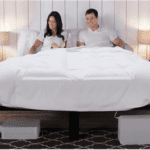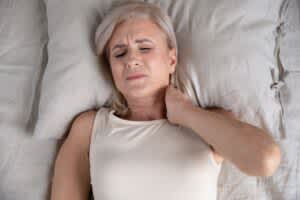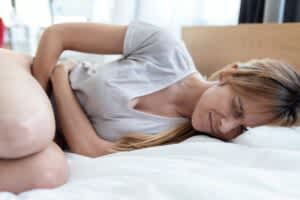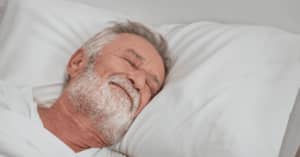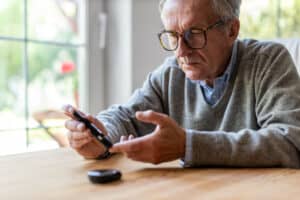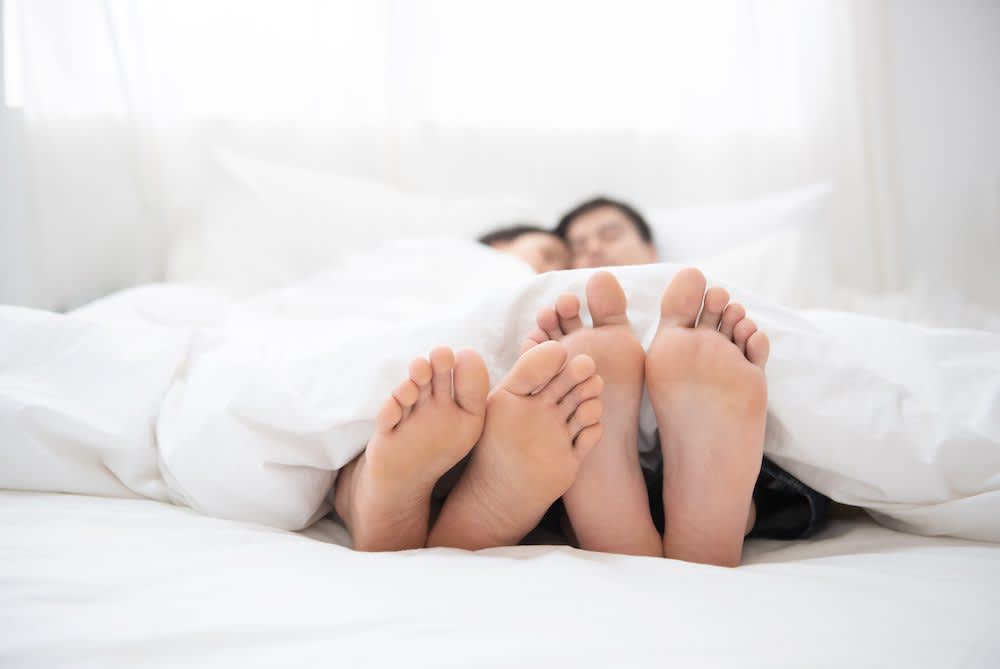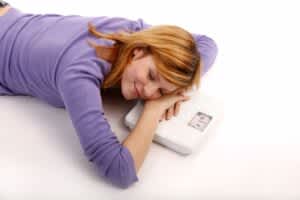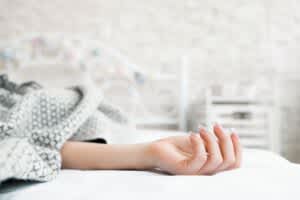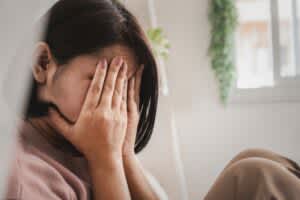Medical Disclaimer: The following content should not be used as medical advice or as a recommendation for any specific supplement or medication. It is important to consult your health care provider prior to starting a new medication or altering your current dosage.
Feeling excessively tired is one of the most common medical issues related to sleep. In fact, about 20% of adults regularly feel so sleepy during the day that it affects their ability to function at home, school, or work. Common causes of excessive sleepiness include insufficient rest, sleep disorders, mental health conditions, medical conditions, and medications.
If you frequently feel tired or doze off during the day, you may want to know more about conditions that cause excessive sleepiness. We discuss what it means when you feel tired or doze off during the day, as well as the health conditions and medications that can contribute to
What Is Excessive Sleepiness?
When you feel sleepy depends on your circadian rhythms and sleep drive. Circadian rhythms are daily cycles that direct near 24-hour patterns in your body, like the timing of your sleep-wake cycle. The other process is your sleep drive, which is the cumulative need for rest that builds the longer you stay awake.
Some experiences affect how quickly your sleep drive builds. An increased drive to sleep is normal after a night of poor-quality or lost sleep. Sleepiness also builds more quickly when you’re sick and when you’re completing tasks that are physically or mentally demanding.
However, some people feel so sleepy that they are unable to stay awake during the day. When sleepiness is excessive, it can impact a person’s ability to function in their daily life and put them at a heightened risk of accidents and injuries. Excessive sleepiness may also be a side effect of medications or a sign of an undiagnosed medical condition.
What Is Hypersomnia?
Hypersomnia is a medical term used to describe sleep disorders that involve excessive daytime sleepiness despite getting an adequate amount of rest.
- Narcolepsy: Narcolepsy is a disorder of the nervous system. People with narcolepsy may feel excessively sleepy during the day, hallucinate on the edge of sleep, and experience daytime sleep attacks in which they suddenly lose muscle control.
- Kleine-Levin syndrome: Kleine-Levin syndrome is an uncommon sleep disorder involving recurrent episodes of intense sleepiness. During these episodes, the person may also be confused or feel detached from their surroundings.
- Idiopathic hypersomnia: Idiopathic hypersomnia is a rare sleep disorder in which the cause of excessive sleepiness is unknown. People with idiopathic hypersomnia may feel an irresistible need to sleep, doze off during the day, and have a hard time waking up from naps or after a full night’s sleep.
Hypersomnia can also be caused by medications or substances, mental health conditions, or a medical condition. To qualify as a type of hypersomnia, symptoms must not be caused by another sleep disorder, and occur every day for at least three months.
What Conditions Can Cause Excessive Daytime Sleepiness?
Excessive daytime sleepiness can be caused by a variety of medical conditions, mental health conditions, and medications.
Sleep Disorders
Excessive sleepiness can be a sign of an undiagnosed sleep disorder.
In fact, obstructive sleep apnea (OSA) is one of the leading causes of excessive daytime sleepiness. Other sleep disorders associated with excessive daytime sleepiness include:
- Central sleep apnea
- Jet lag
- Shift work disorder
- Delayed or advanced sleep-wake phase disorder
- Restless legs syndrome and periodic limb movement disorder
- Insomnia
Headaches
Headaches involve uncomfortable feelings or pain in the neck, head, or scalp, and may interfere with a person’s ability to fall asleep or stay asleep. Many people with headaches also experience excessive daytime sleepiness.
Parkinson’s Disease
Parksinson’s disease is a disorder in which the body’s nerve cells don’t produce sufficient dopamine, a brain chemical that affects body movements. Excessive daytime sleepiness affects around half of people with Parkinson’s disease. Sleepiness can be exacerbated by the medications used to treat this condition.
Mental Health Conditions
A wide range of mental health conditions can trigger excessive daytime sleepiness, including:
- Depression
- Anxiety
- Somatic symptom disorder
- Schizoaffective disorder
- Adjustment disorder
- Personality disorders
Substance use disorders are also linked to increased sleepiness. Also called substance abuse, a substance use disorder describes the use of alcohol and drugs that interferes with a person’s ability to function at work, school, or in relationships. Excessive sleepiness is associated with alcohol, opioids, and withdrawal from stimulants.
Medications and Supplements
Certain medications and supplements can make a person feel more sedated and drowsy. Medications associated with daytime sleepiness include:
- Sleep aids
- Benzodiazepines and other sedatives
- Barbiturates
- Antihistamines
- Certain antidepressants
Certain supplements, including melatonin, valerian, and kava, can also cause drowsiness.
How to Treat Excessive Daytime Sleepiness
There is no single treatment that works for everyone with excessive daytime sleepiness. Instead, treatment depends on the cause of your symptoms. To determine the cause of excessive daytime sleepiness, a doctor may ask questions about your medical history and order tests to rule out potential causes.
If the cause of excessive daytime sleepiness is found, addressing the underlying issue may reduce or resolve your symptoms. If sleepiness is caused by a medication, a doctor may adjust or replace the medication with one that doesn’t have the same side effects.
When to Talk to a Doctor About Excessive Sleepiness
If you regularly feel sleepy during the day or have trouble sleeping at night, it’s important to talk to your health care provider. This is especially true if sleepiness begins to interfere with your everyday life.
References
The Sleep Doctor Forum: Real Experiences, Real Connections
Continue the discussion on the Sleep Doctor Forum. Connect with experts and fellow forum members on CPAP, sleep apnea, and all things sleep. A priceless resource that’s free to join.
















